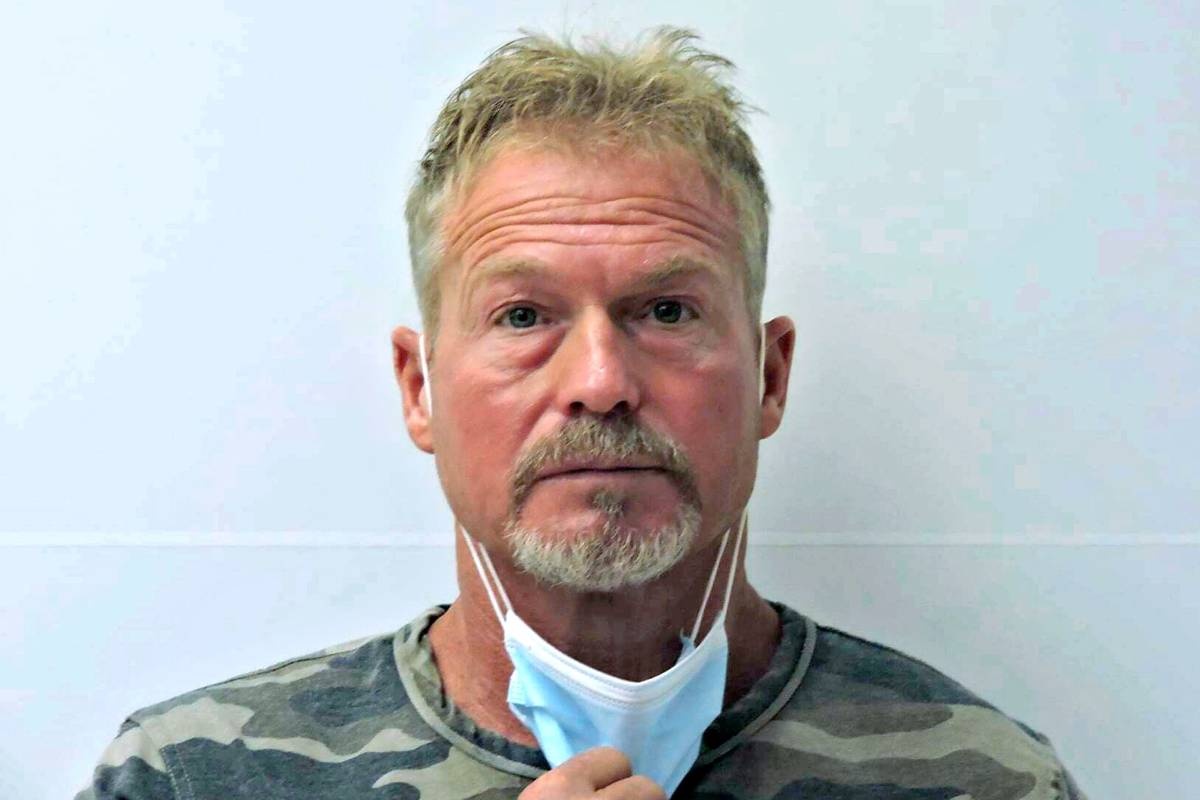
Updated at 10:39 a.m. on Tuesday, June 24, 2025.
The University of Utah student held at an immigration facility in Colorado following a Mesa County traffic stop said “the past 15 days have been the hardest of my life.”
Caroline Dias Goncalves, 19, issued a statement through The Dream.US describing the conditions at an Aurora detention center and her arrest earlier this month.
“I was scared and felt alone. I was placed in a system that treated me like I didn’t matter. In detention, we were given soggy, wet food – even the bread would come wet. We were kept on confusing schedules. And the moment they realized I spoke English, I saw a change,” Dias Goncalves said in the statement. “Suddenly, I was treated better than others who didn’t speak English. That broke my heart. Because no one deserves to be treated like that. Not in a country that I’ve called home since I was 7 years old and is all I’ve ever known.”
Since Dias Goncalves was stopped by a Mesa County Sheriff’s deputy and later detained by immigration officials, Colorado law enforcement has distanced itself from the group communication channel that was used to pass along her immigration status. The Mesa County Sheriff’s Office has pulled all of its employees from the chat as have the Colorado State Patrol. The channel was intended to aid in stopping drug traffickers and not for immigration stops, something that is restricted by Colorado law.
Dias Goncalves said in her statement the immigration officer that stopped her was reluctant to detain her.
“And even to the ICE officer who detained me — he kept apologizing and told me he wanted to let me go, but his “hands were tied”. There was nothing he could do, even though he knew it wasn’t right. I want you to know—I forgive you. Because I believe that people can make better choices when they’re allowed to,” Dias Goncalves said.
Dias Goncalves’ entire statement is available here.
Original story below:
The 19-year-old University of Utah student picked up by immigration officials in Mesa County is out of custody.
The news was announced in a press release on Wednesday from The Dream, an organization that supports undocumented youth attending college.
Dias Goncalves was driving through Colorado when a Mesa County Sheriff’s deputy pulled her over for following another vehicle too closely. After letting her go with a warning, she was stopped a few miles later by immigration officials and taken to a detention facility in Aurora.
“We are relieved that Caroline was granted bond today and will be released from detention and returned to her family and community in the coming days,” Jon Hyman, an attorney for Dias Goncalves, said in the release. “We also know that Caroline’s arrest and detention should not have happened in the first place. She has no criminal record, was not shown a warrant, and as the Mesa County Sheriff’s office has since revealed, her arrest was only attributable to improper coordination between local law enforcement and ICE. Investigations should continue to ensure that other young immigrants in Colorado do not have to go through the same harrowing experiences.”
The improper communication between the Mesa County Sheriff’s Office and federal officials was announced in a release from the sheriff’s office. It pertained to a group communication channel between local and federal law enforcement intended for drug interdiction cases. The Mesa County Sheriff’s Office said the channel was not meant to be used for discussing immigration status and that all sheriff’s office employees had since been removed from it.
On Thursday, the sheriff’s office announced that it's deputy, Alexander Zwinck, has been placed on administrative leave while the office reviews his usage of the Signal encrypted app to share messages with federal agencies including Immigration and Customs Enforcement. CPR News has requested the contents of the Signal chat.
"We ask the public and our media partners to please allow us time as we conduct this investigation to ensure we hold ourselves accountable for our role in this incident and correct our practices and policies to comply with Colorado law," the office said in the Thursday post.
Body camera footage of the stop shows Zwinck asking Dias Goncalves about where she was born. At one point, Zwinck invites Dias Goncalves to sit in the passenger seat of his patrol vehicle while he issues her a warning for the traffic stop.
A spokesperson for the Colorado State Patrol initially said some CSP troopers are also involved in the communication channel for drug interdiction cases and would remain so. On Wednesday, that agency reversed course and said troopers would no longer share information in the messaging group.









